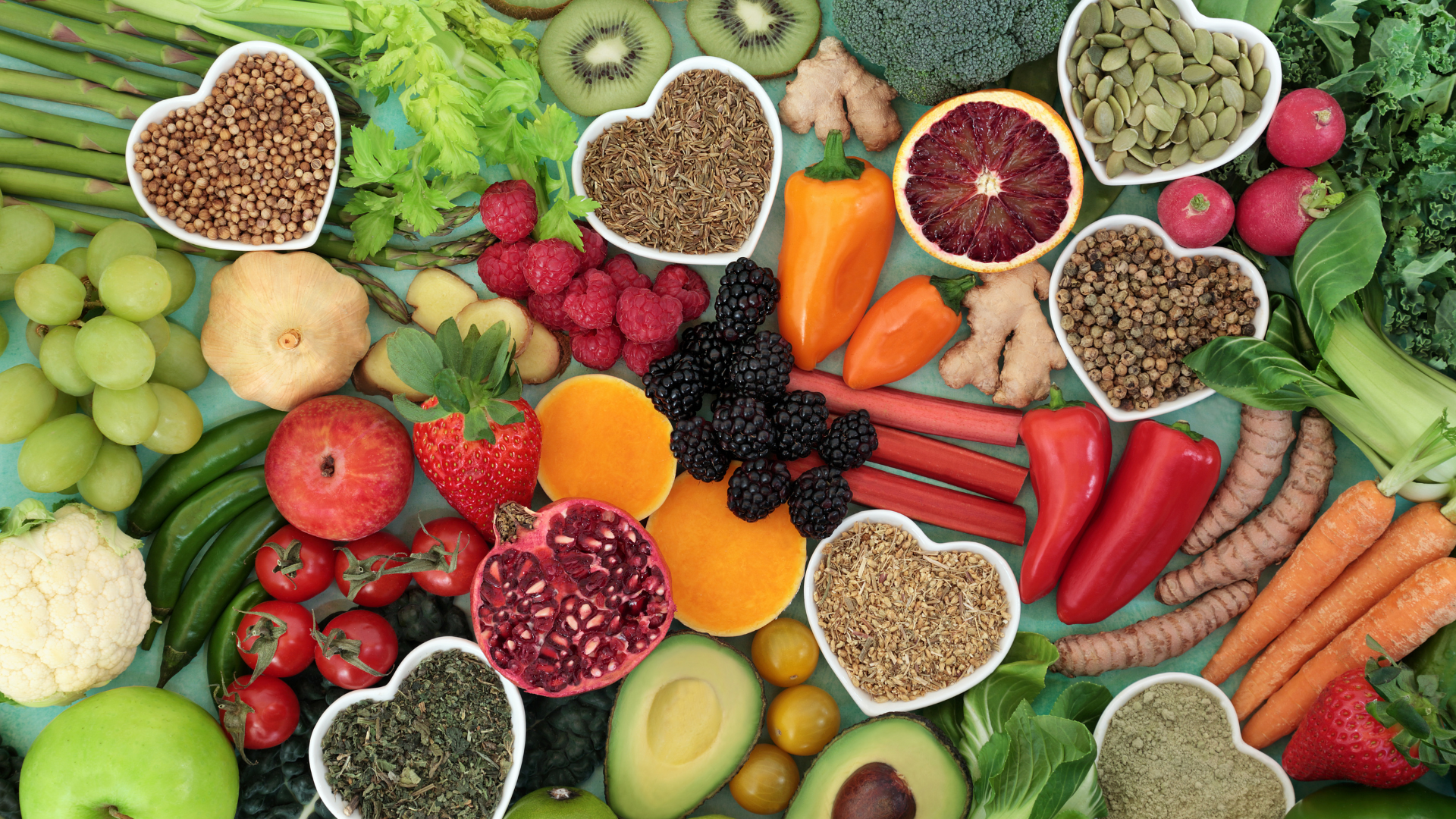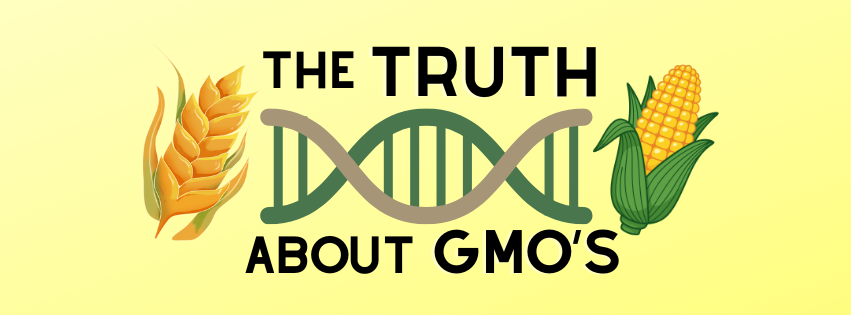Your Healthy Brain, At Every Age
Brain health is one of the most important components to a healthy lifestyle but is often overlooked. No matter your age, you can take steps to support your brain health today!
Although we can’t visually see the initial onset of symptoms associated with an unhealthy brain, some initial signs of cognitive impairment could be brain fog, forgetfulness, and poor memory recall which could stem from genetics, injury, or even toxicity. Degenerative diseases of the brain can be caused by free radical damage to the brain as well as toxic overload from liver congestion. As soon we start developing, our brain acts like a sponge and a storage hard drive. Its job is to absorb nutrients, information and memories. It also absorbs harmful toxins such as heavy metals like mercury, aluminum, uranium, lead and arsenic. Unfortunately, once heavy metals enter the body they tend to imbued in our cells, tissues, and organs. This can have detrimental effects to the brain in the long term.
The diagnoses of degenerative disease have been on the rise over the last few years which is why its crucial now more than ever to start taking the right steps to nourishing and support our master organ, the brain.
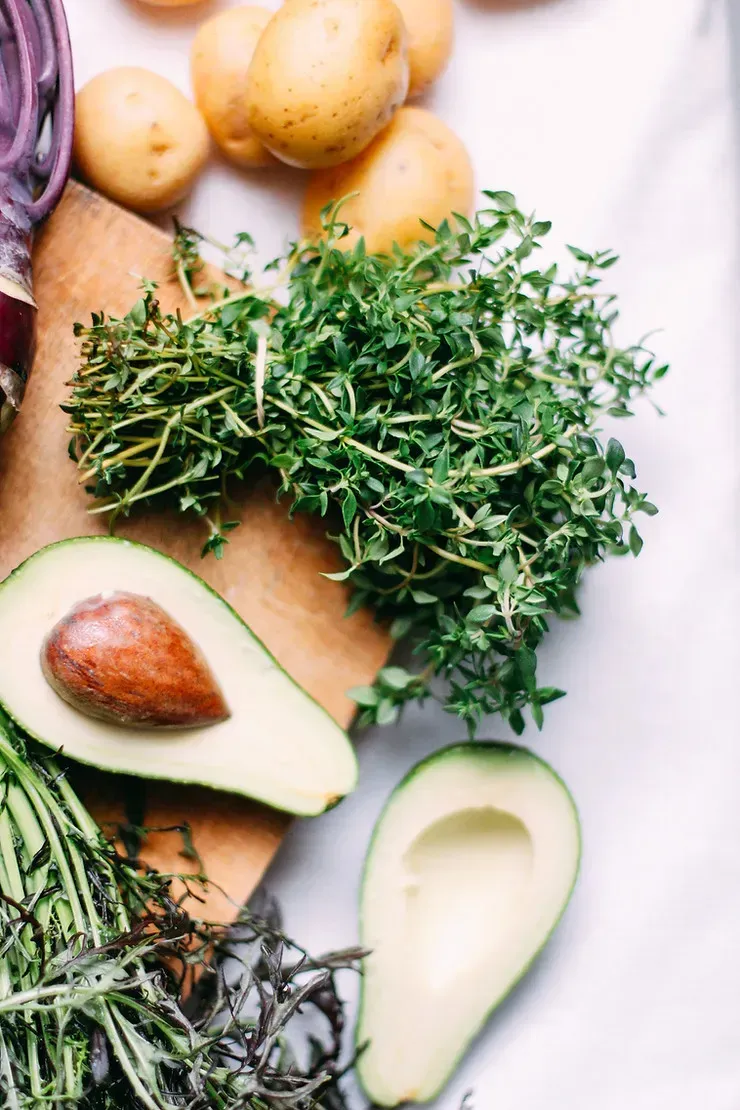
When you are looking to enhance your brain health, you must consider all aspects of your lifestyle – physical, mental, spiritual, nutrition, and supplementation. Start by addressing your daily activities, and the foods you are consuming. Are you consuming foods that are healthy for your brain? Here are a few key components to adapt to a healthy lifestyle to support your memory, cognition, focus and stamina:
EXERCISE
Start by building a strong foundation for a healthy brain by maintaining consistent physical movement, staying socially active in your community, and challenging the brain with puzzles and crosswords.
SUPPORT WITH SUPPLEMENTS
Fish Oils
Fish oils are important for many bodily functions but they are especially important for supporting hormones, neurotransmitters and energy production. When you are looking to supplement with a fish oil, I recommend choosing a reputable company that performs extensive testing to ensure their product is clean and high quality. One of my favourite companies to recommend for a good fish oil, is Ascenta Nutra Sea. It’s highly-absorbable and tastes amazing. There’s even a bubble gum flavour for kids!
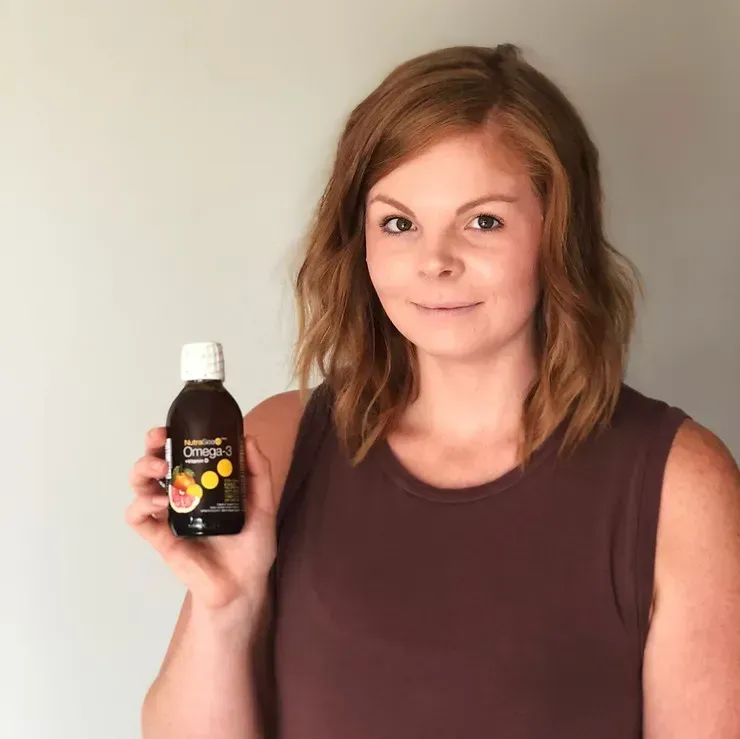
Lions Mane
Lions mane is incredible for helping with cell regeneration, which can potentially slow down or reverse degeneration of the brain tissue. On top of this, lions mane can also be used to slow down the proliferation of cancer cells, boost the immune system, and protect the heart, while also regulating mood and liver function.
Host Defence Myco Botanicals Brain
This product is a unique blend of lions mane, reishi, ginkgo, bacopa and gotu kola. The mushrooms and botanicals work synergistically together to effectively support memory, cognitive, concentration and adrenal function.
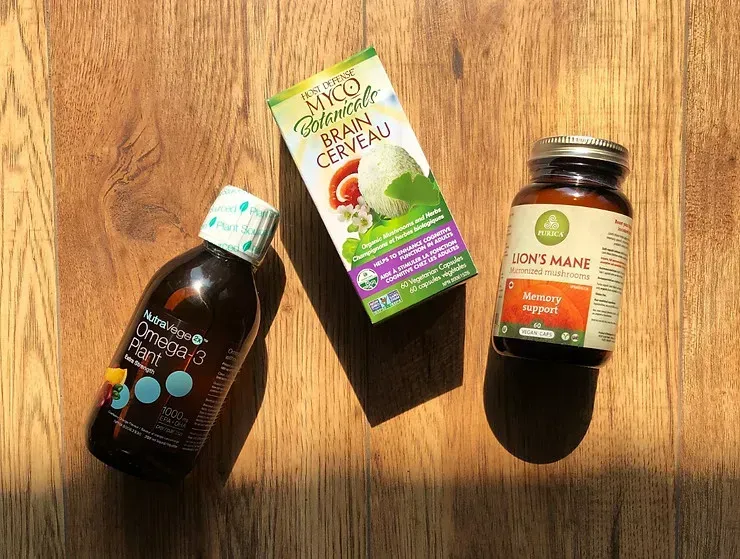
NUTRITION
The best nutritional support for optimizing brain health is to incorporate brain boosting foods and decrease the brain aging foods.
Brain Boosting Foods 1) Antioxidant Rich fruits + vegetables
2) Complex Carbohydrates to provide glucose for the brain beans, legumes, whole grains
3) Essential Fatty Acids coconut, olive oil, avocado, fish, eggs and nuts + seed, hemp hearts, chia seeds, flax seeds
*CHECK OUT OUR NEW RECIPES FOR BULLETPROOF COFFEE:
TO EASILY INCORPORATE THOSE GOOD FATS INTO YOUR MORNING ROUTINE.

4) Amino Acids which are the building blocks for protein and act as brain messengers
protein rich foods such as poultry, fish, eggs, quinoa
5) Toxin chelating foods garlic, seaweed, apples, carrots, onions, parsley, cilantro
Brain-Aging Foods 1) Overuse of stimulants
alcohol, coffee, sugar
2) Pollutants herbicides, pesticide, moulds, heavy metals, EMF’s
Although there may not yet be a cure for neurodegerative diseases such as Alzheimer’s and dementia, slowing down the process with proper nutrition, supplements and lifestyle changes, is a step forward in the right direction. But more than that, increasing your brain health improves your every-day quality of life.
For more support on how to optimize your brain health, pop into one of our 3 locations to talk to one of our supplement specialists.
We’ll see you soon!
MARISSA LAUGHLIN
REGISTERED HOLISTIC NUTRITIONIST
Inspiring a balanced lifestyle through holistic nutrition, yoga + meditation
